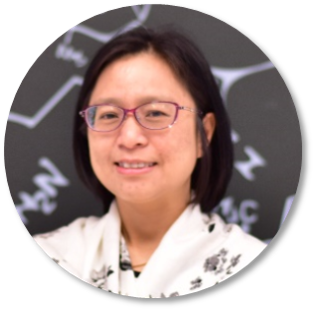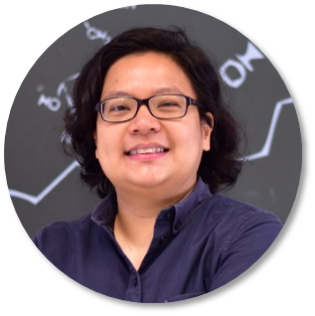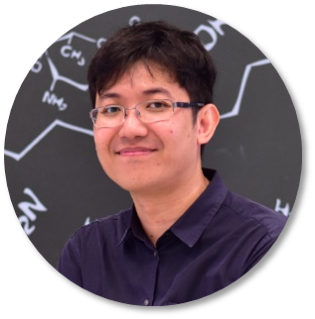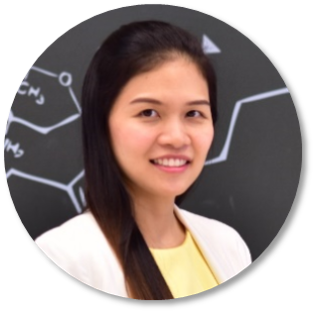
ภาควิชาเคมี
Department of Chemistry
Filter by Research Area
Research in organic chemistry addresses a broad interest of important problems and includes investigations at the basic understanding. Much of current research also takes place at the interface of organic chemistry and other areas such as biology, medicine, materials, and agriculture. Specific areas of research include bioactive compounds from natural resources, organic synthesis and catalysis.
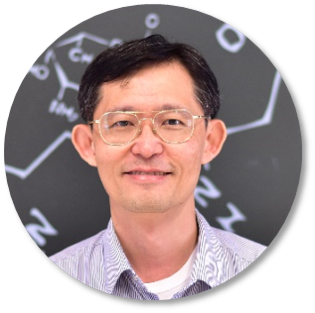
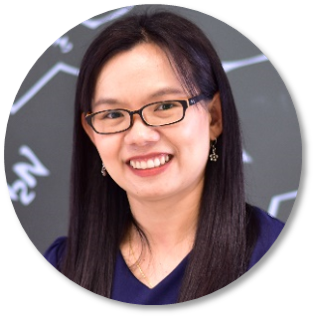

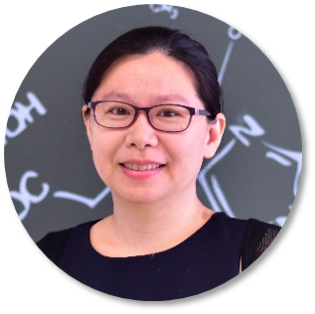


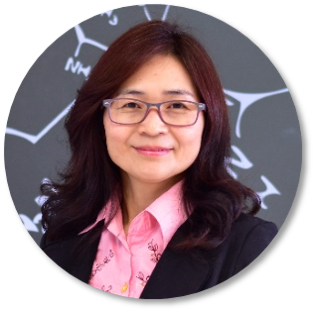

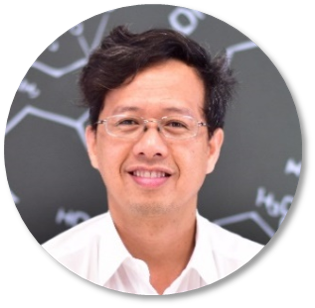
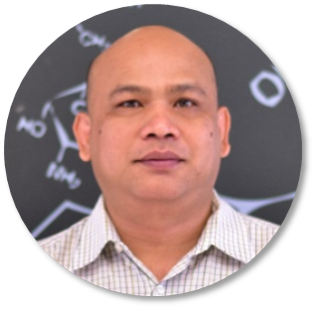
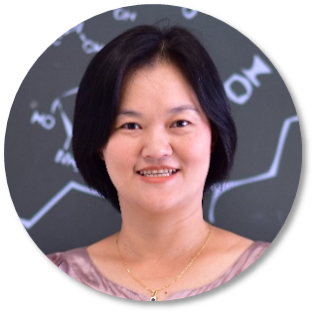
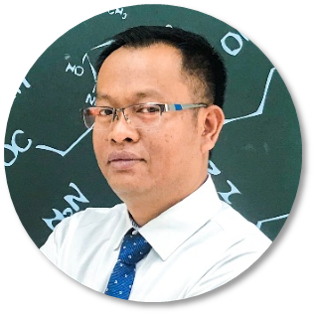
The unifying theme of our researches in Physical Chemistry can be classified into two broad strands. One strand involves experimental studies of the connections and relations among the underlying structure of a material, its properties, its processing methods and its performance in multiple industrial applications in medical, plastic, dye, textile, electronic, pharmaceutical and food industries as well as environmental remediation. The researches also include surface/interface functionalization and modification of (bio) polymers, carbon-based materials and semiconductor catalysts for designing novel materials with targeted properties. The other strand covers theoretical chemistry employing computational modelling and simulation to assist in solving chemical problems including how matter behaves on a molecular and atomic level and how chemical reactions occur. In many cases, through internal and external research collaborations, computational studies are complemented by experimental investigations, leading to important advances as better theories are developed.
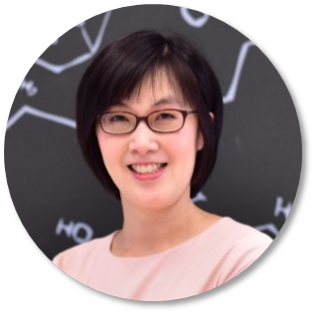

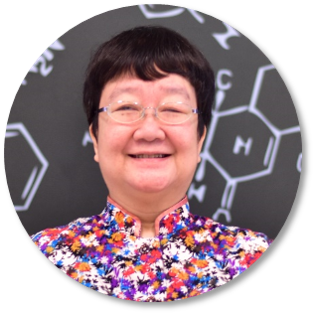

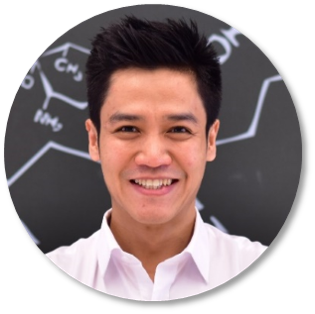


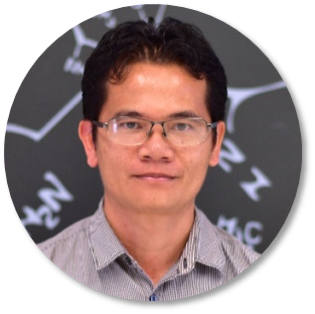
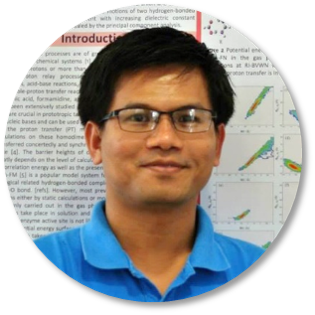


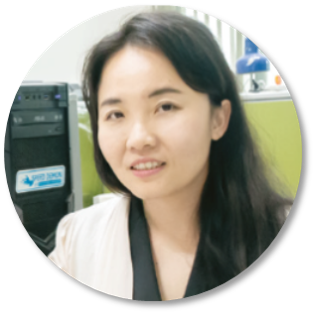
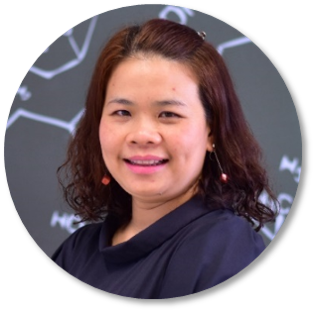

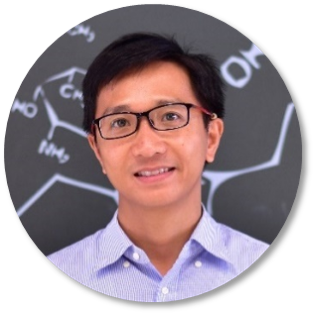
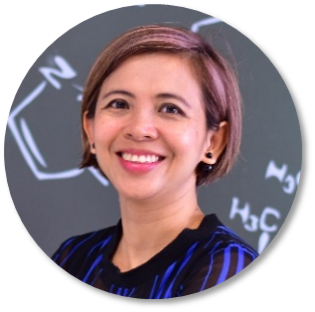
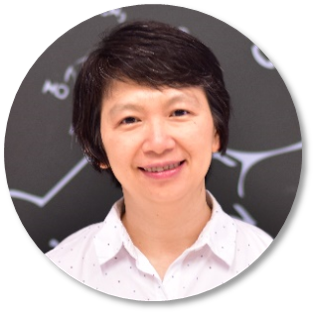
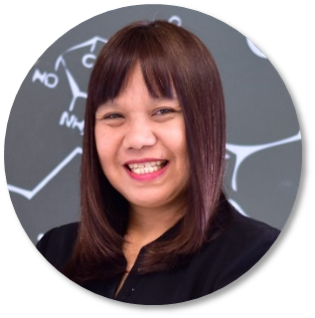
Analytical chemistry at Chiang Mai University is the pioneering analytical chemistry Ph.D. program in the country. Our faculty developed cutting-edge analytical techniques in a range of applications. Major topics in analytical chemistry research include separation science, analytical spectroscopy, electrochemistry, chemometrics and environmental chemistry.

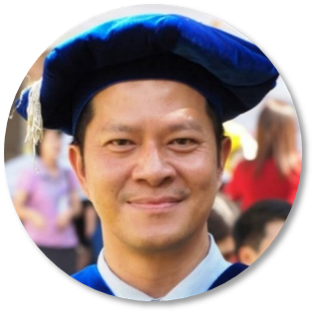
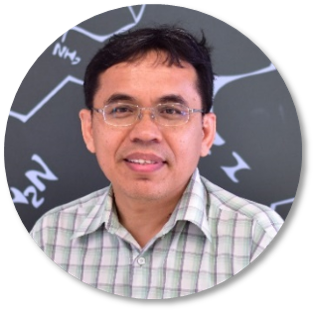
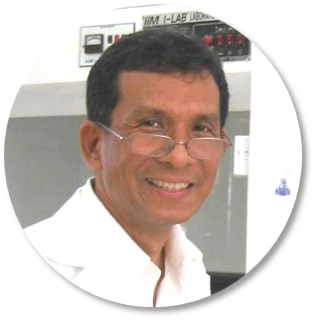

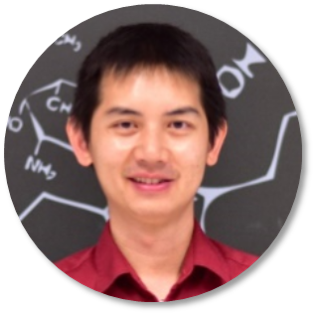

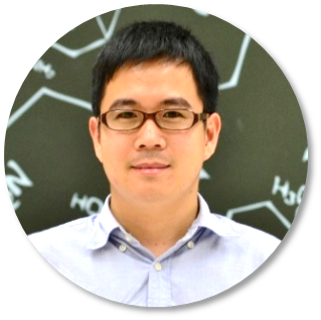

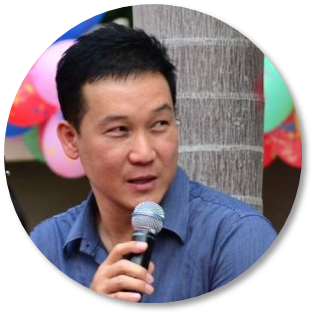
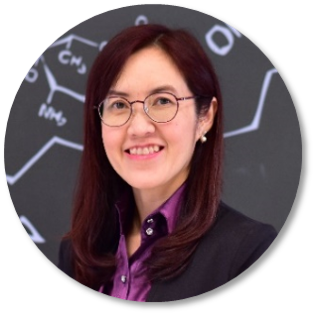
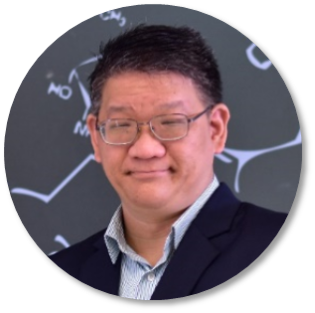

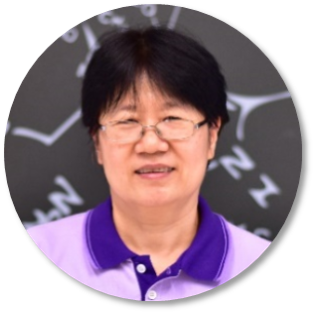
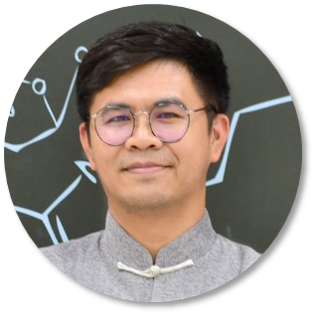
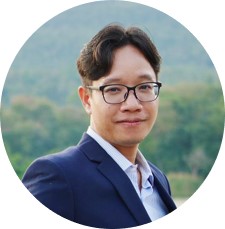
Research related to Biochemistry at our department address basic biochemical understanding of molecular genetics, proteomics, enzymology and molecular biology. In addition to fundamental research, we also applied those biochemical technologies to address challenging problems in food, energy, environment, and human diseases.


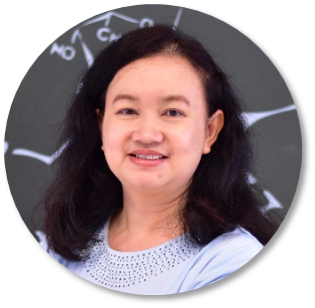

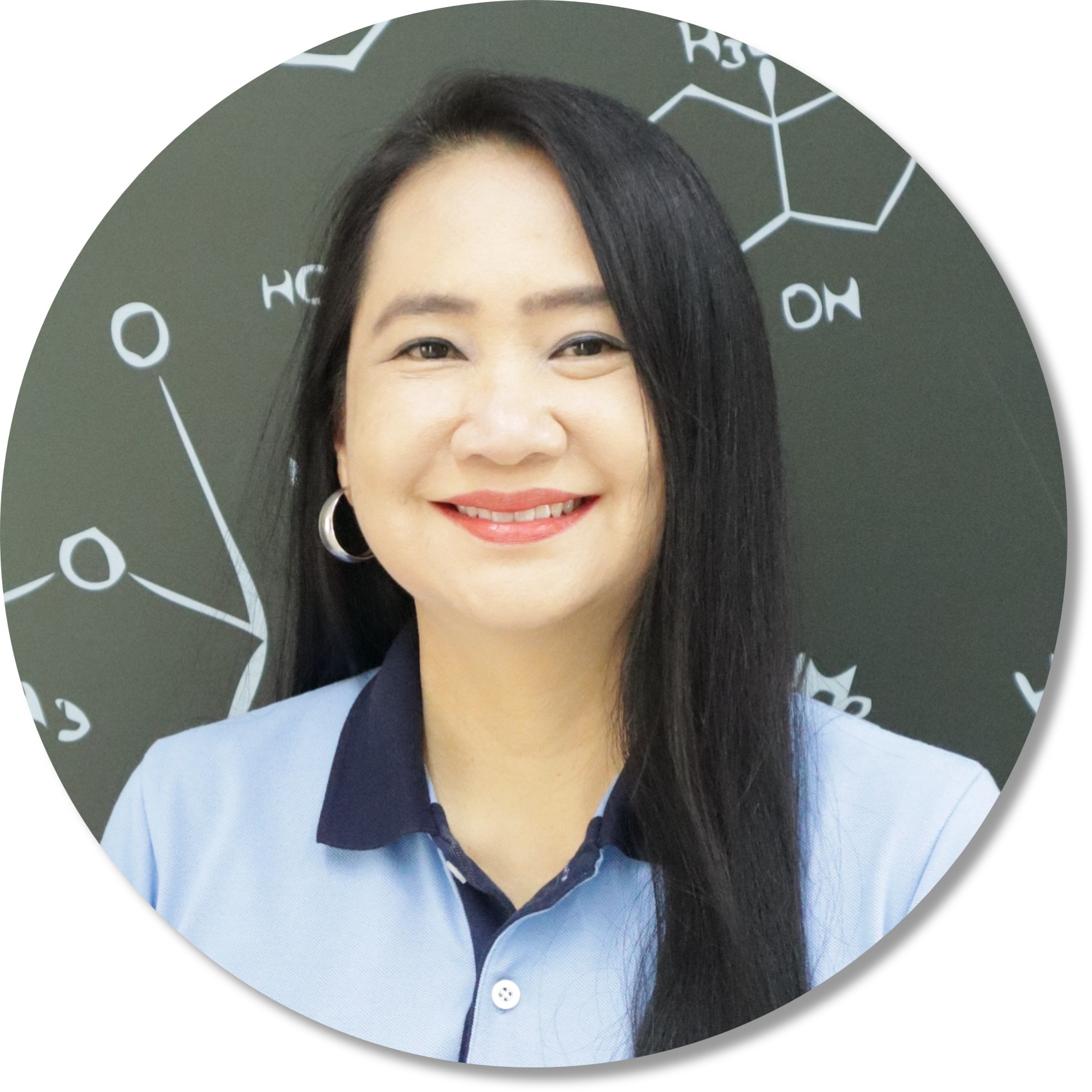

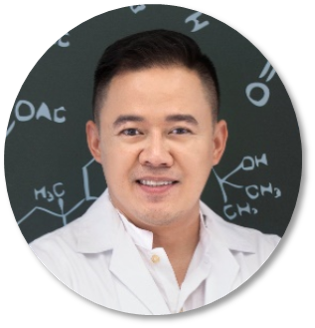

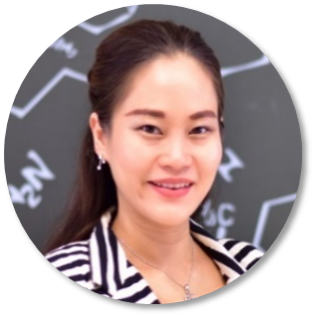
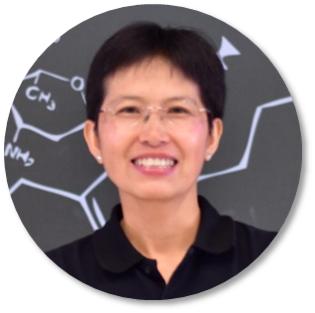

At Chiang Mai University, we are one of the leaders in the fields for coordination polymer, metal-organic framework, battery, photocatalysis, and chemosensor materials. We incorporate the knowledge on basic coordination chemistry, crystallography, spectroscopy, acid-base theory, organometallic chemistry to create novel chemistry that is state-of-the-art in each area.
